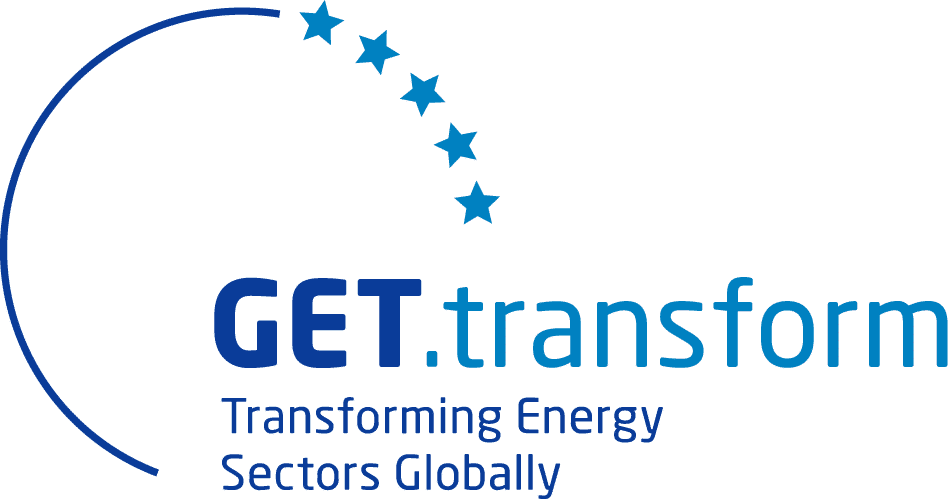The 5th Annual Renewable Energy Conference 2025 & Expo (REC25) convened in Kampala from October 20 to 22, 2025. The event brought together over 2000 participants from government, development partners, the private sector, academia, and civil society under the theme “Transforming Energy Systems for Livelihoods & Conservation”.
The conference provided a national platform to discuss how inclusive energy systems can drive social, economic, and environmental transformation across Uganda.
The country’s yielded progress towards a sustainable power sector was the focus of the first session. The ” Sustainable Energy Development Programme Performance Review,” a joint effort by Ministry of Energy and Mineral Development (MEMD) and other sectoral Ministry, Department, and Agencies (MDAs), most notably the Ministry of Finance Planning and Economic Development, delved into achievements under the third National Development Plan (NDPIII), assessed the trajectory towards national energy targets, and identified priority projects for the upcoming NDPIV.
The session also saw the official launch of the MEMD Strategic Plan (FY2025/26–FY2029/30) by the Hon. Minister of Energy and Mineral Development, Dr. Ruth Nankabirwa, setting a clear framework for expanding energy access, improving efficiency, and advancing Uganda’s clean energy transition.
Overall, representatives from the Office of the Prime Minister, GIZ, African Development Bank (AfDB), African Union (AU) and East African Community (EAC) reinforced the importance of coordinated institutional action, regional integration and effective collaboration between the public and private sector to achieve sustainable energy development.
Innovation took centre stage, with sessions on E-Mobility and Green Hydrogen, led by the Uganda E-Mobility Association, GIZ, and EACREEE, showcasing how they are reshaping the region’s path toward decarbonisation and sustainable growth.
Discussions highlighted the need for clear policy and regulatory frameworks to guide the development of these emerging technologies, alongside targeted incentives and financing mechanisms to attract private sector investment and stimulate market growth.
At the same time, the role of district local governments was emphasised as critical to ensuring that national energy initiatives reach last-mile communities. As the primary agents of service delivery, districts are uniquely positioned to translate national energy priorities into tangible results on the ground, particularly in rural and underserved areas.
Complementing these efforts, discussions on Results-Based Financing (RBF) demonstrated how outcome-linked funding mechanisms can accelerate electricity access, promote clean cooking solutions, and enhance the productive use of energy.
Referencing a successful partnership, H.E. Jan Sadek, Head of the EU Delegation to Uganda, underpinned the EU’s commitment to further partner with Uganda in advancing the energy transition while ensuring a sustainable approach to socio-economic development through private sector led initiatives.
Across all sessions, REC25 reaffirmed Uganda’s commitment to an inclusive, well-financed, and sustainable energy transition. As a European programme, GET.transform is grateful to be among Uganda’s chosen partners in strengthening energy planning, regulation and market readiness.






